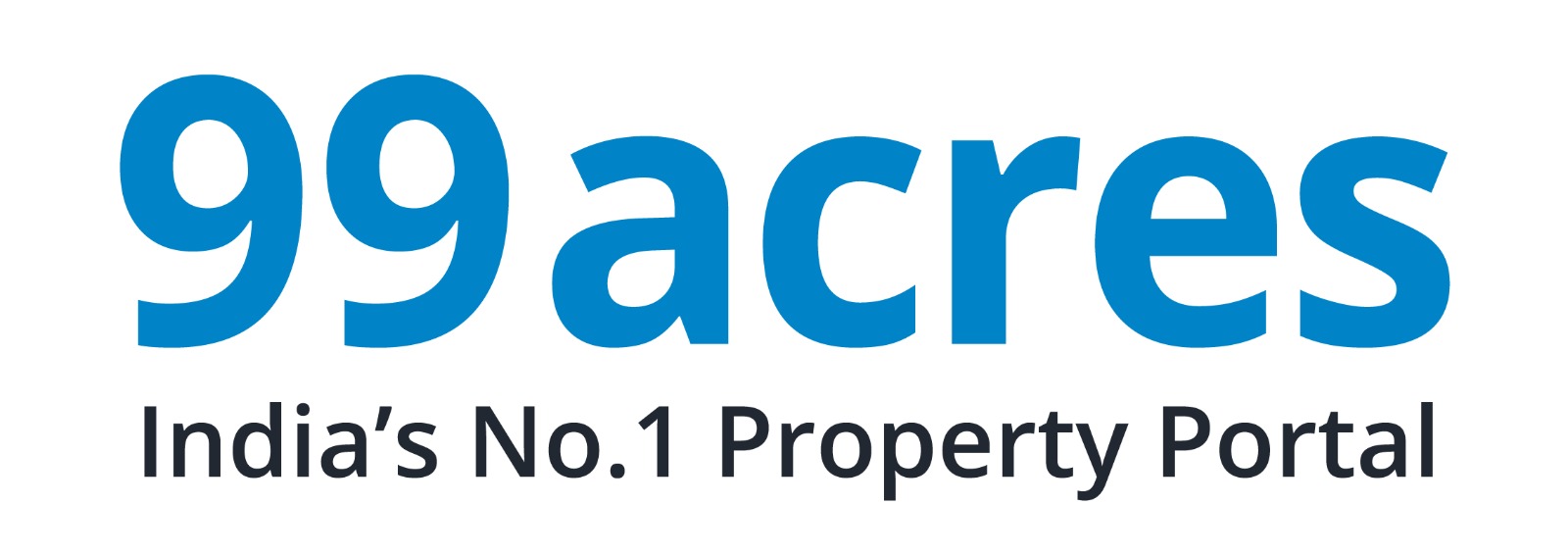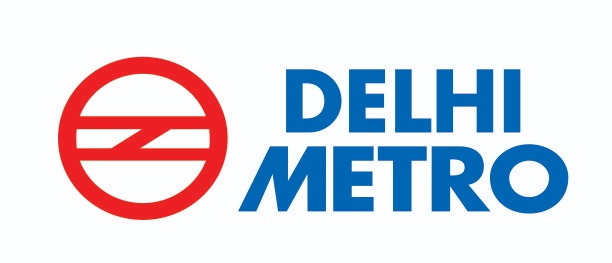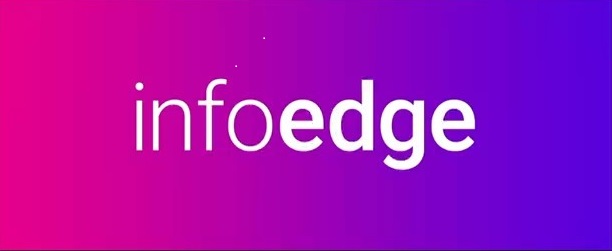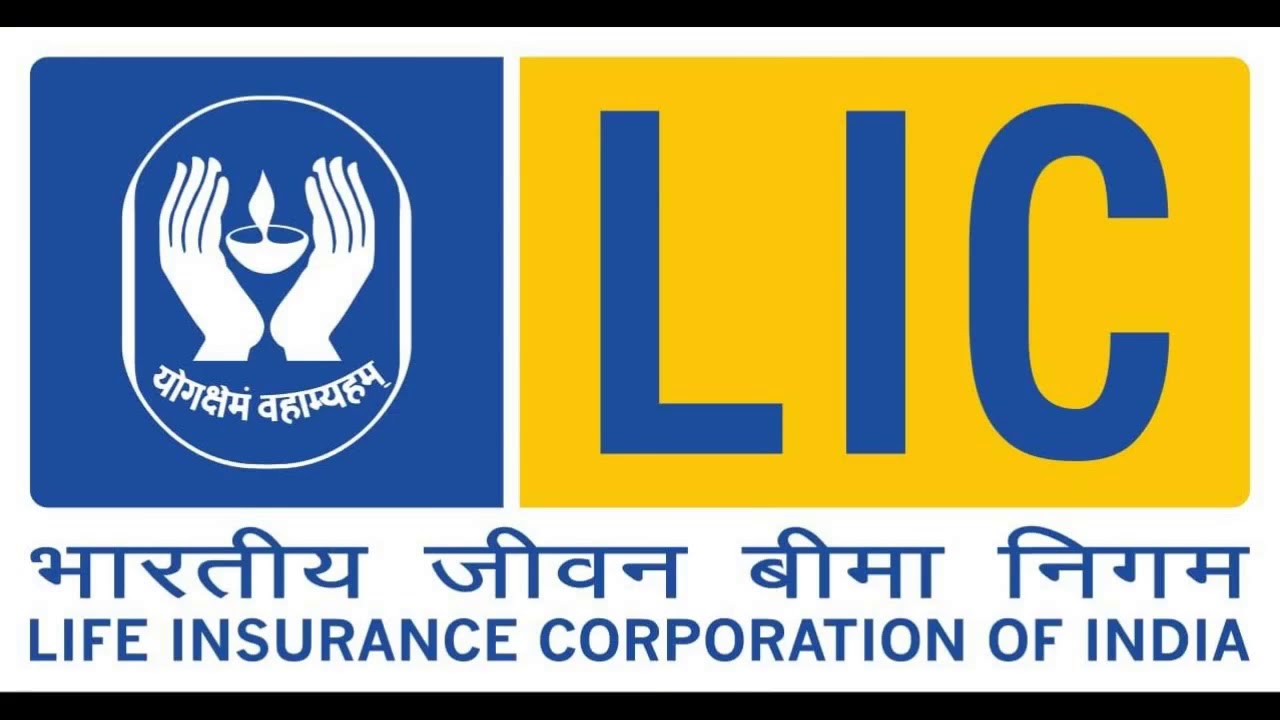Online PF/ESI Registration
@ ₹6999 ₹7499 Only/-(GST as applicable)
Hassle Free,100% Digital Process.
Apply Online PF/ESIC registration by experts.
Compulsory Documents required.
Get your Registration Approved in 7 Days*.
Google Reviews
Apply for PF/ESI Registration
(Limited Period Offer)
PF & ESI REGISTRATION DOCUMENTS REQUIRED
STEPS OF THE PF & ESI REGISTRATION PROCESS
Our process ensures 100% digital, hassle-free PF and ESI registration.
- Submit requirement documents
- Make online payment
- Application process by expert
- PF Experts will call you for collecting additional details, Documents and OTPs for processing of your application
- Certificate sent to registered email id

Our Features & Specialization
- Dedicated Experienced Team
- Affordable Registration fees
- Real-Time Service Delivery
- Year-Round Customer Support
About EPFO
EPFO, short for Employees’ Provident Fund Organization, is a pivotal statutory body operating under the aegis of the Ministry of Labour and Employment, Government of India. Renowned for its role in managing the Employees’ Provident Fund (EPF), EPFO serves as the guardian of the financial well-being of millions of employees across India.
EPF, the cornerstone of EPFO's initiatives, is a mandatory social security scheme designed to secure the financial future of employees. Under this scheme, both employees and employers contribute a predetermined percentage of the employee’s basic salary and dearness allowance. These contributions, meticulously managed by EPFO, form a robust retirement corpus, ensuring a comfortable post-retirement life for employees.
Beyond EPF, EPFO extends its umbrella of protection through additional schemes such as the Employees’ Pension Scheme (EPS) and the Employees’ Deposit Linked Insurance Scheme (EDLI). These schemes provide supplementary benefits, including pension and insurance coverage, further enhancing the financial security blanket offered by EPFO.
APPLICABILITY OF EPF
EPF (Employees’ Provident Fund) applies to organizations that meet government-set criteria. In India, the EPF Act covers establishments with 20 or more employees, including both private and public sector organizations.
Certain industries or establishments may have varied criteria, and some with fewer than 20 employees may voluntarily register under the EPF Act. Employers must understand industry-specific regulations and workforce size to ensure compliance with EPF requirements.
Functions of EPFO
The Employees’ Provident Fund Organization (EPFO) in India serves a pivotal role in administering the Employees’ Provident Fund (EPF) and associated schemes, encompassing various essential functions. Here's a breakdown of the key functions of EPFO:
- Registration and Compliance: EPFO registers establishments meeting the prescribed employee threshold and ensures adherence to the Employees’ Provident Funds and Miscellaneous Provisions Act.
- Collection of Contributions: EPFO oversees the monthly collection of contributions from both employees and employers, calculated as a percentage of the employee’s basic salary and dearness allowance.
- Record Maintenance: EPFO diligently maintains comprehensive records of contributions, withdrawals, and transfers for each member, ensuring accuracy in employment history and contribution details.
- Providing UAN (Universal Account Number): EPFO issues a unique Universal Account Number (UAN) to every contributing member, facilitating seamless tracking of their EPF account throughout their career.
- Interest Crediting: EPFO annually credits interest on the accumulated EPF balance, with the interest rate determined by the government and typically surpassing standard bank savings rates.
- Settlement of Claims: EPFO efficiently processes and settles claims for withdrawals, pensions, and insurance benefits, enabling members to access their EPF amount during job changes, retirement, or specific conditions.
- Administering Pension Schemes: EPFO manages the Employees’ Pension Scheme (EPS), providing pension benefits to employees post-retirement or in case of disability.
- Disbursement of Insurance Benefits: EPFO oversees the Employees’ Deposit Linked Insurance Scheme (EDLI), offering life insurance benefits to EPF-covered employees in the unfortunate event of death while in service.
- Providing Online Services:EPFO offers a suite of user-friendly online services, including member portal, employer portal, and mobile apps, enhancing accessibility to information and services.
- Compliance Monitoring:EPFO meticulously monitors compliance with EPF regulations through regular inspections and audits of establishments, ensuring adherence to statutory requirements.
These functions collectively aim to provide social security benefits to employees and ensure the proper administration of EPF-related schemes in India.
Benefits of EPFO
The Employees’ Provident Fund (EPF) in India stands as a cornerstone of financial stability for employees, offering a multitude of benefits:
- Savings for Retirement: EPF serves as a robust long-term savings avenue, accruing a sizable corpus over the working years to provide vital financial support during retirement.
- Employee Contributions: Both employees and employers contribute a percentage of the employee’s basic salary and dearness allowance to the EPF account, ensuring consistent savings.
- Competitive Interest Rates: EPF accounts earn interest, which is compounded annually. The interest rates are determined by the government and are typically competitive compared to other savings options.
- Financial Security: EPF instills a sense of financial security by creating a nest egg accessible for diverse purposes such as home purchases, education funding, or unforeseen financial emergencies.
- Withdrawal Flexibility:Members can withdraw funds from their EPF account for specific purposes like housing, medical emergencies, education, marriage, or during periods of unemployment..
- Universal Account Number (UAN): EPFO issues a unique UAN to each member, streamlining EPF account management across job transitions, ensuring consistency throughout an individual’s career.
- Pension Benefits: Eligible employees under the Employees’ Pension Scheme (EPS) receive pension benefits post-retirement or in case of disability, further enhancing financial security.
- Insurance Coverage: EPF encompasses the Employees’ Deposit Linked Insurance Scheme (EDLI), providing life insurance benefits to nominees in the event of the employee’s demise while in service.
- Convenient Online Access: EPFO facilitates online services, enabling members to conveniently check their EPF balance, download statements, and initiate transactions via the member portal.
- Employer Contributions: Employers contribute an equal amount to the employee’s EPF account, augmenting overall retirement savings and reinforcing financial stability.
EPF emerges as a pivotal pillar of social security, offering employees enduring financial stability and support throughout their careers and into retirement.
What is ESIC?
ESIC, the Employees’ State Insurance Corporation, stands as a comprehensive insurance solution for employed individuals in India, providing prompt financial and medical assistance during unforeseen contingencies. Its coverage extends to sickness, maternity, disablement, dependents, and death benefits, ensuring holistic support for insured employees. Moreover, ESIC operates an extensive network of hospitals and dispensaries across the country, delivering subsidized medical care to both insured employees and their dependents. Mandatory for companies employing ten or more individuals, ESIC embodies a commitment to employee welfare and regulatory compliance, safeguarding their health and financial security.
- 1. Health Insurance: ESIC offers extensive health insurance coverage, encompassing medical expenses, hospitalization, maternity benefits, and more, ensuring holistic healthcare support.
- 2. Contributions: Both employees and employers contribute a percentage of the employee’s salary to the ESIC fund, ensuring sustainable funding for the health insurance benefits provided by ESIC.
- 3. Mandatory Registration:Employers and employees covered under the ESIC Act are mandated to register with ESIC, ensuring seamless access to health insurance benefits when required, underscoring the importance of regulatory compliance.
- 4. Cash Benefits: ESIC disburses cash benefits to insured individuals during periods of sickness, disablement, maternity, and offers support to dependents in the event of the insured person’s demise, providing essential financial assistance during challenging times.
- 5. Maternity Benefits: Female employees covered under ESIC are entitled to maternity benefits, including paid leave and coverage of medical expenses related to childbirth, prioritizing maternal health and well-being.
- 6. Funeral Expenses: In the unfortunate event of an insured person’s demise, ESIC extends funeral expenses to dependents, alleviating financial burdens during times of grief.
- 7. Employment Injury Benefit: ESIC provides crucial financial assistance to insured individuals affected by employment-related injuries or occupational diseases, ensuring their well-being and facilitating recovery.
The Applicability Of ESIC
The applicability of ESIC (Employees’ State Insurance Corporation) is crucial for organizations operating in India's organized sector. Governed by the ESIC Act, this scheme extends to establishments with 10 or more employees (in some states, the threshold is 20 or more). Both employers and employees contribute a percentage of the employee’s salary to the ESIC fund, ensuring comprehensive coverage. Key considerations regarding ESIC applicability include:
- 1. Employee Threshold:Establishments with 10 or more employees (or 20 or more in specific states) are mandated to register under the ESIC Act, highlighting the importance of workforce size in compliance.
- 2. Salary Threshold:ESIC contributions apply to employees meeting a specified monthly wage limit. Those falling below this limit are eligible for ESIC coverage, emphasizing equitable access to benefits.
- 3.Regional Variations: Applicability thresholds can differ across states, necessitating awareness of regional regulations to ensure compliance tailored to the operating context.
- 4.Work Nature and Establishment Type: The nature of work and establishment type influence ESIC applicability. Certain employee categories may be exempt or covered differently, necessitating ongoing assessment and compliance adjustments.
- By diligently adhering to ESIC regulations, employers not only fulfill their legal obligations but also ensure the provision of essential health insurance and social security benefits to eligible employees, fostering a supportive and compliant work environment.
Frequently Ask Question (FAQ)
-
Ans:EPF is a mandatory savings scheme for employees in India, ensuring financial security in retirement. It also facilitates withdrawals for specific purposes.
-
Ans:Both employees and employers contribute a percentage of the employee’s basic salary and dearness allowance to the EPF account.
-
Ans: UAN is a unique identifier for EPF members. It's provided by the employer, and employees can obtain it through their employers.
-
Ans: Yes, EPF withdrawal is permissible under specific conditions like unemployment, medical emergencies, home purchase, and retirement.
-
Ans:EPF balance can be checked online via the EPFO portal or through the UMANG mobile app.
-
Ans:ESI is a social security and health insurance scheme covering employees in India who earn a specific wage threshold.
-
Ans: ESI offers medical, sickness, maternity, disablement, and dependent benefits to covered employees.
-
Ans: ESI contributions are computed as a percentage of the employee’s gross salary, with both employer and employee contributing their respective shares.
-
Ans:Employers must register eligible employees with the ESIC (Employees’ State Insurance Corporation) and obtain an employer code number.
-
Ans: Employers need to register eligible employees with the ESIC (Employees’ State Insurance Corporation) and obtain an employer code number.
Our Satisfied Clients
We have been working with some Fortune 100+ clients











